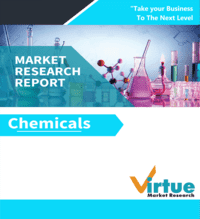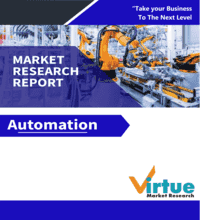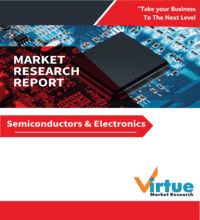Research Reports
REPORT BY INDUSTRIES
REGIONS

From: $2500
2024 - December
150
VMR-18806



From: $2500
2025 - October
150
VMR-18736



From: $2500
2025 - October
150
VMR-18737



From: $2500
2024 - October
150
VMR-18663



From: $2500
2023 - August
150
VMR-14888



From: $2500
2023 - August
150
VMR-15690



From: $2500
2023 - August
150
VMR-15691



From: $2500
2023 - August
150
VMR-15692



From: $2500
2023 - August
150
VMR-15696



From: $2500
2022 - August
150
VMR-15695



From: $2500
2025 - July
150
VMR-16657



From: $2500
2025 - July
150
VMR-18524



From: $2500
2025 - July
200
VMR-203



From: $2500
2024 - July
150
VMR-14872



From: $2500
2024 - July
150
VMR-2118



From: $2500
2024 - July
150
VMR-11425



From: $2500
2024 - July
150
VMR-17330




